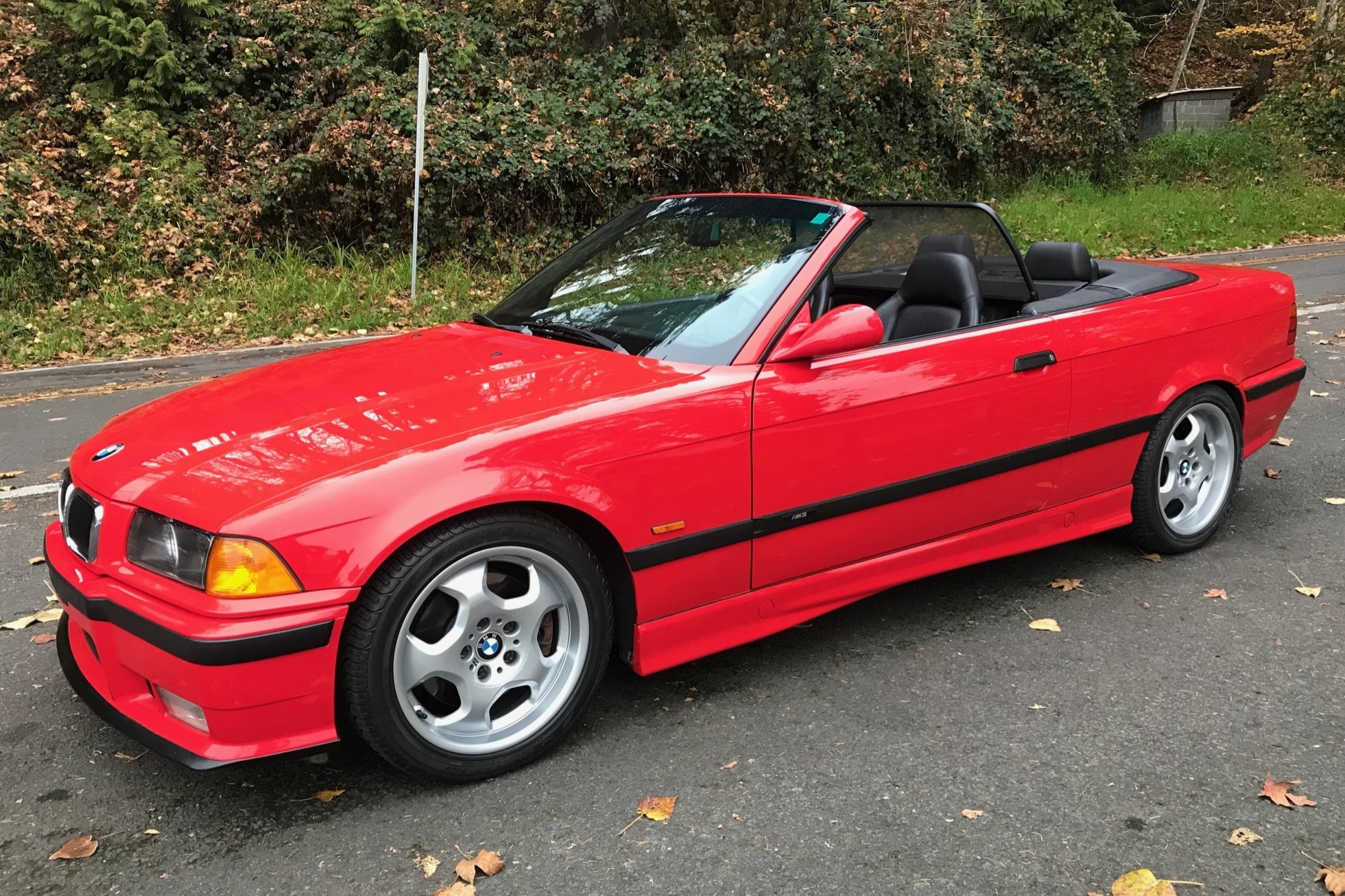In the mainstream market, prices have already started falling. According to Tyson Jominy, Vice President of J.D. Power PIN Consulting, the last two weeks of March saw the two largest-ever declines of average used-car transaction prices.
"Vehicles at auction move around in a fairly small range on average. But now, in two weeks we saw it decline 10 percentage points, which is just phenomenal," Jominy told
Road & Track.
But the market still hasn't found a floor. Based on data through April 19, J.D. Power's index of used vehicle auction prices has fallen over 17 percent. Prices continue to decline, though at a slower rate than they did in late March.
Used car volumes are falling, too. With so many sales avenues closed and so few customers ready or able to leave their houses, mainstream used cars just aren't trading hands. In the long term, that may boost values as supply on the secondhand market dwindles, but for now the inability to register private vehicles in some states may push down prices on more accessible enthusiast cars.
That's true for new cars, too. Part of the reason for the quick decline in used-car prices, Jominy says, is that manufacturers are offering aggressive discounts on new inventory. With such good deals on that side of the business, there's little appetite for late-model used cars. A pre-owned Hyundai looks a lot less attractive when you can get a brand-new Veloster N with zero-percent financing for 84 months and defer your first payment for 120 days. GM, Ford, FCA, and others are offering similarly aggressive finance offers, making new enthusiast cars more affordable than ever.
But the story is more complicated for enthusiasts and collectors at the higher end of the used market. JD Power's data mostly focuses on franchise dealers and dealer auctions, which tend to cover the mainstream market. For special-interest cars, Jominy notes that the rarity of these vehicles tends to support their values even in a bad economy.
That's delaying the impact on the high-end enthusiast sector. Kenneth Ahn, president of famed auction house RM Sotheby's, tells
R&T the company's Palm Beach auction—which moved to an online-only format in response to the outbreak—had similar sell-through rates as pre-COVID in-person events. And with an average transaction price around $80,000, the auction actually exceeded projections.
But that may not hold. Historically, Ahn says, you see values drop across the board when the economy sours. That hadn't happened by the time of the Palm Beach auction, but it's what Ahn expects to see at upcoming events.
"Initially, it's shock and awe," he told
Road & Track. Transaction volumes often go up, driven by owners forced to sell quickly, and opportunistic buyers tend to push down the price averages. Buyers with a lot of security and liquidity may assume that means fire-sale deals, but note that you're unlikely to see a true collapse in the automotive market. Cars, unlike traditional financial investments, have emotional and practical value that prevent them from truly cratering.
"You could say that a car cannot go bust," Dietrich Hatlapa, founder of automotive investment research firm Historic Auto Group International, told
Road & Track. "If you invest in the wrong company and they go bust, you are left with nothing. Cars have what in financial speak is called intrinsic value, so they have some residual value."
Hatlapa's firm, HAGI, tracks collector car prices as a financial asset class. And while mainstream car values tracked by J.D. Power may have plummeted at the end of March, HAGI's indices for Porsche, Ferrari, Mercedes, Lamborghini, and other top historic cars all posted gains in March. Rally, a firm that trades shares of collector cars as a financial asset class, also hasn't seen a drop yet. Still, the experts at HAGI, RM Sotheby's, and Rally all agree: prices are likely to fall.
"If you look at it historically, I wouldn't ever call it a collapse, but you do see some compression in values on the back end of a major financial displacement," Chris Bruno, CEO of Rally, told
Road & Track.
And even at the extremely high end of the market, values tend to drop during a crisis. But it's not because the buyers suddenly find themselves cash-strapped.
“It’s not socially acceptable, especially if you own a company that just laid off 1000 people, to go buy a $10 million Ferrari, and honestly that multi-million dollar segment of the market that was in trouble before the pandemic anyway” Colin Comer, Hagerty’s valuation editor and owner of Colin’s Classic Auto, told Road & Track. “But the 'meat' of the market, the sub-$500k cars and especially sub-$100k cars, are holding strong.”
Eventually, the values of flashy or specialty vehicle at all ends of the market spectrum will fall, even if it takes a while. In the short-term, that means that buyers with cash can likely find a good deal on something desirable. You may not score a sports car for 50-percent off, but you're likely to find double-digit drops in value for a lot of desirable cars.
https://www.roadandtrack.com/car-cu...e/a32070950/should-i-sell-my-car-coronavirus/
